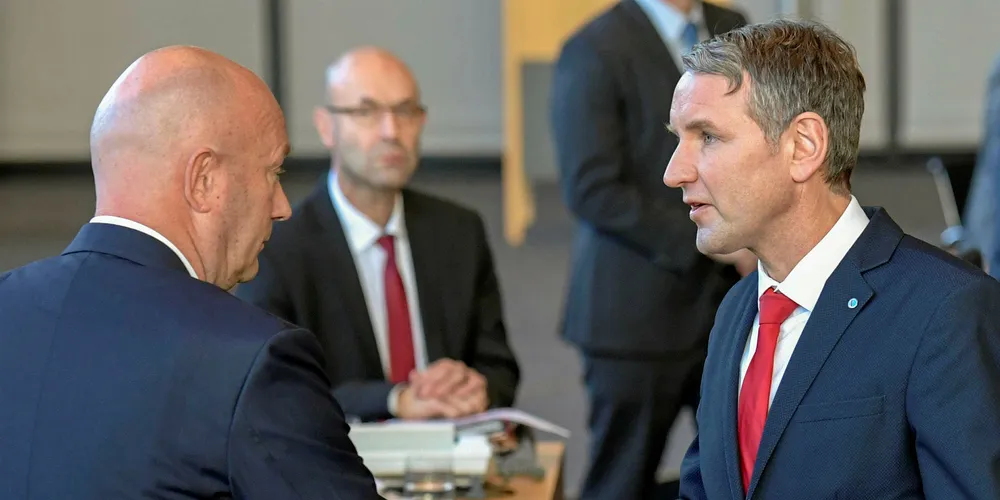Wider impact feared as German far-right installs anti-wind state premier
Alternative for Germany party helps anti-green lobbyist Thomas Kemmerich to briefly lead Eastern Germany’s Thuringia

Alternative for Germany party helps anti-green lobbyist Thomas Kemmerich to briefly lead Eastern Germany’s Thuringia
